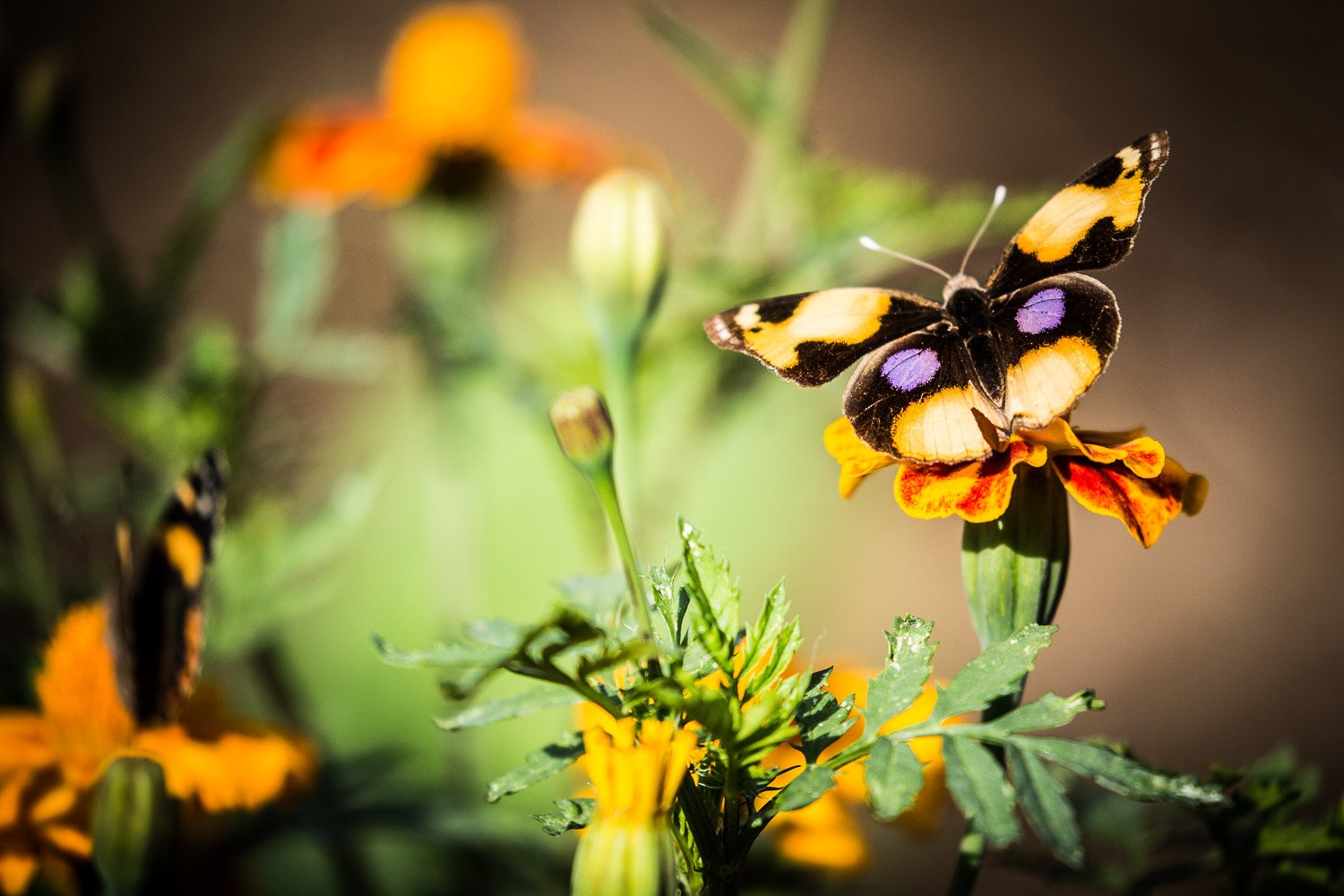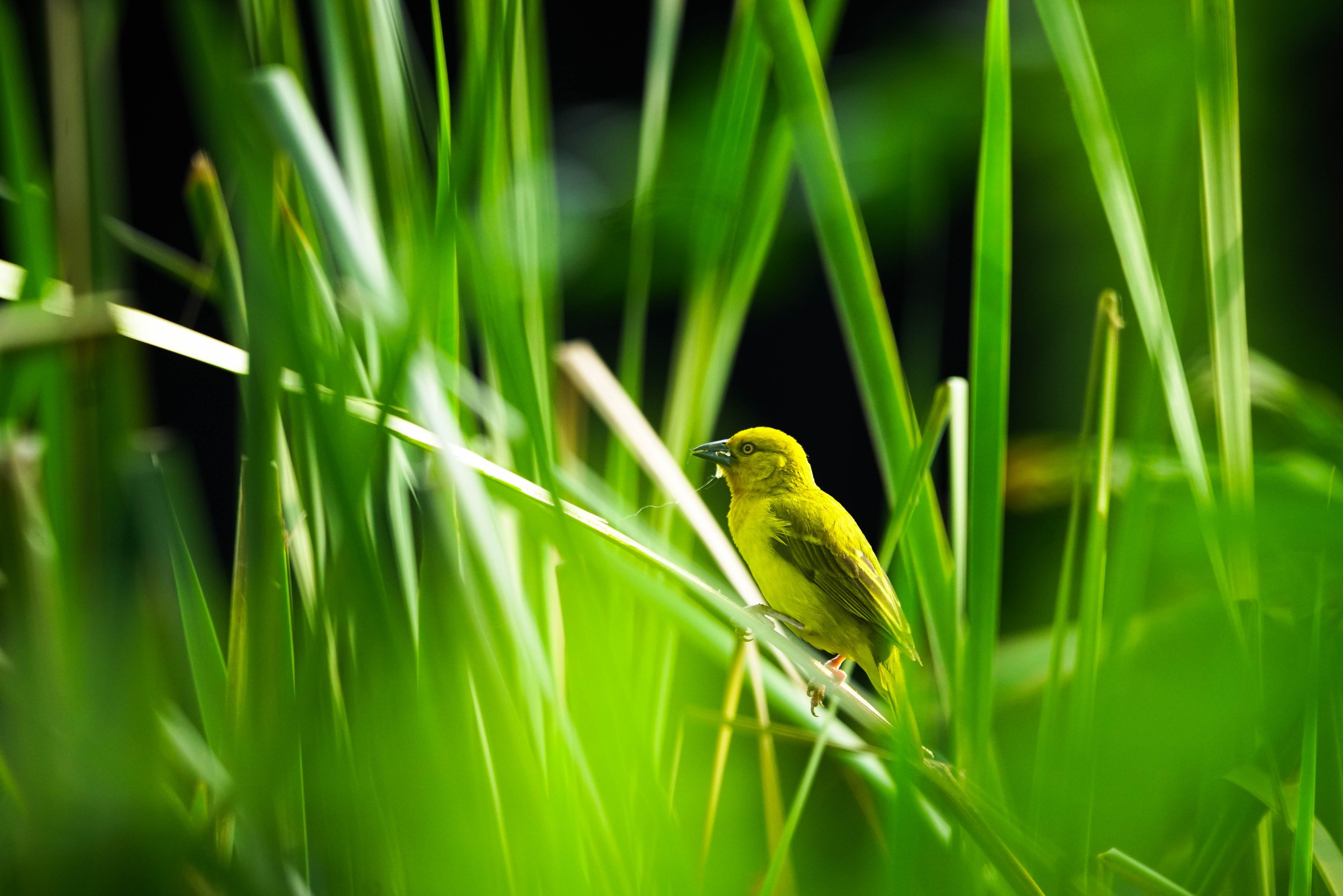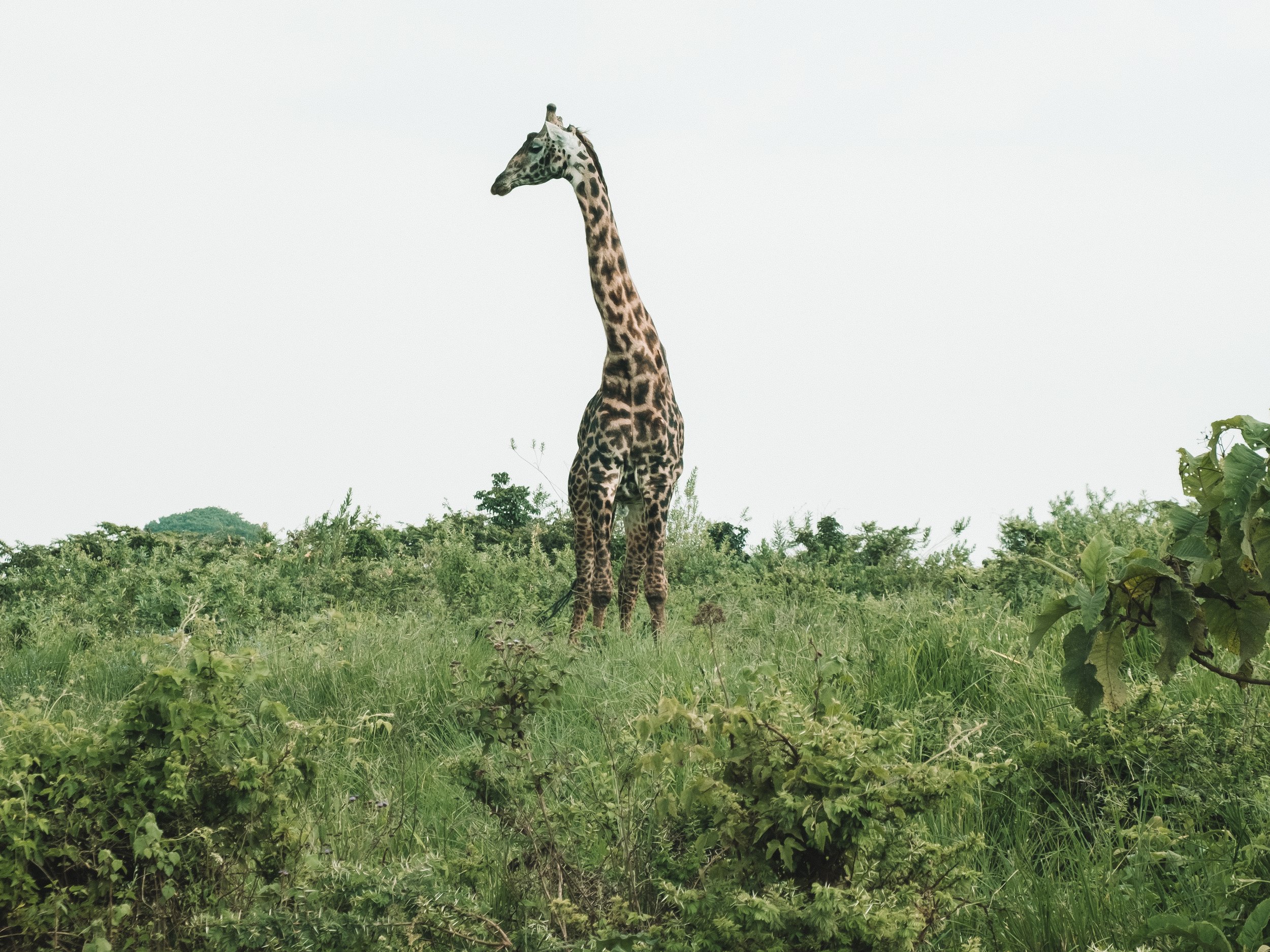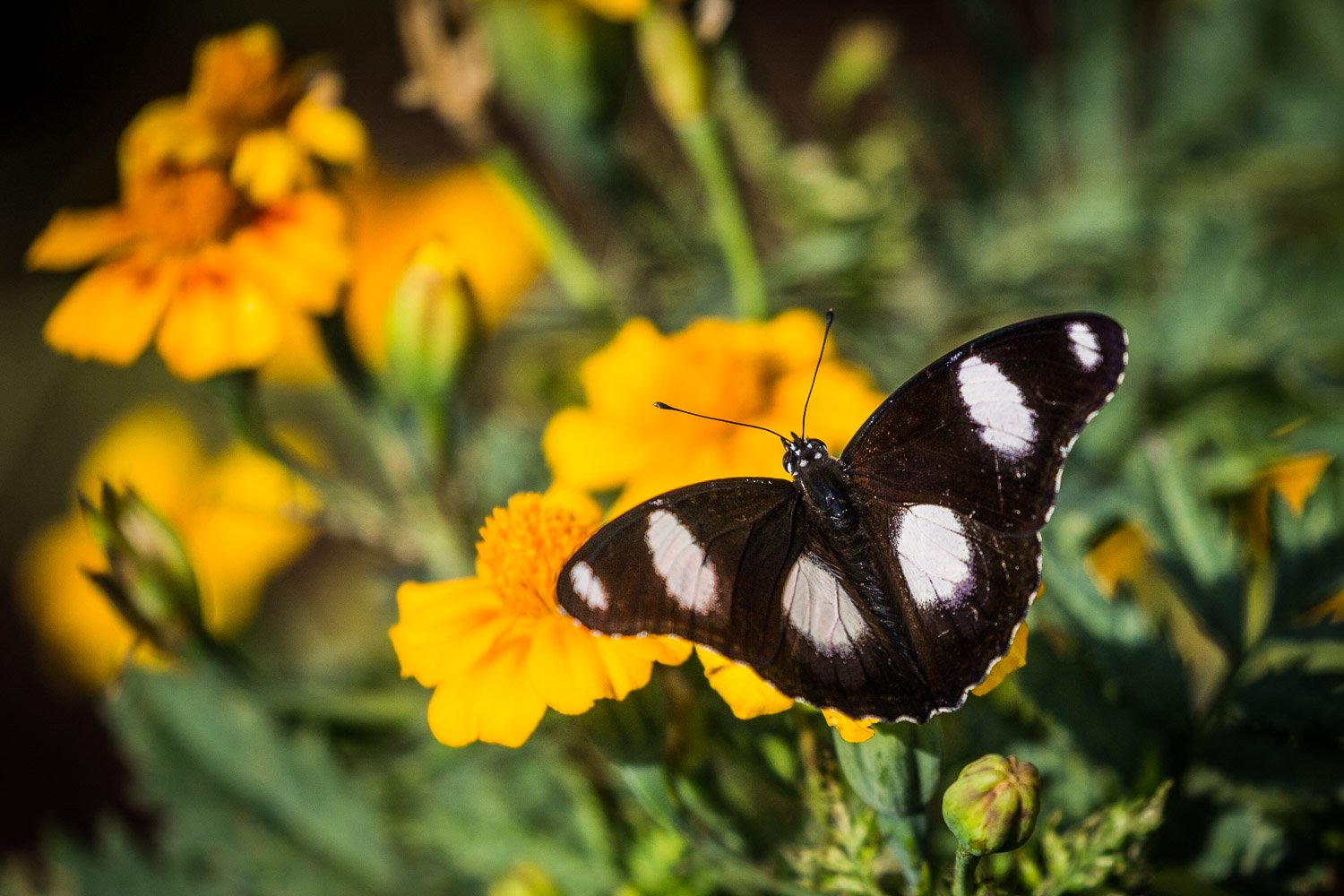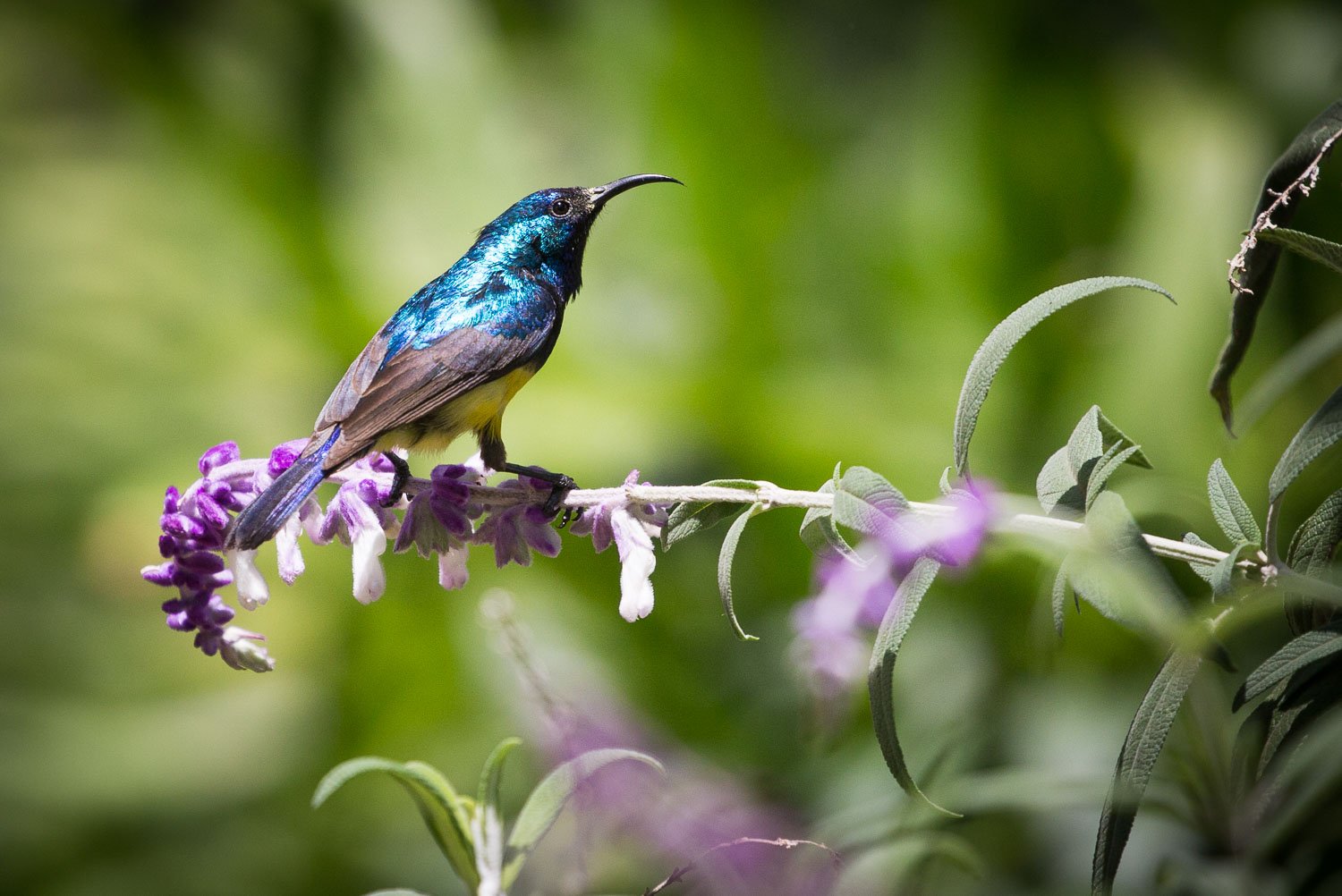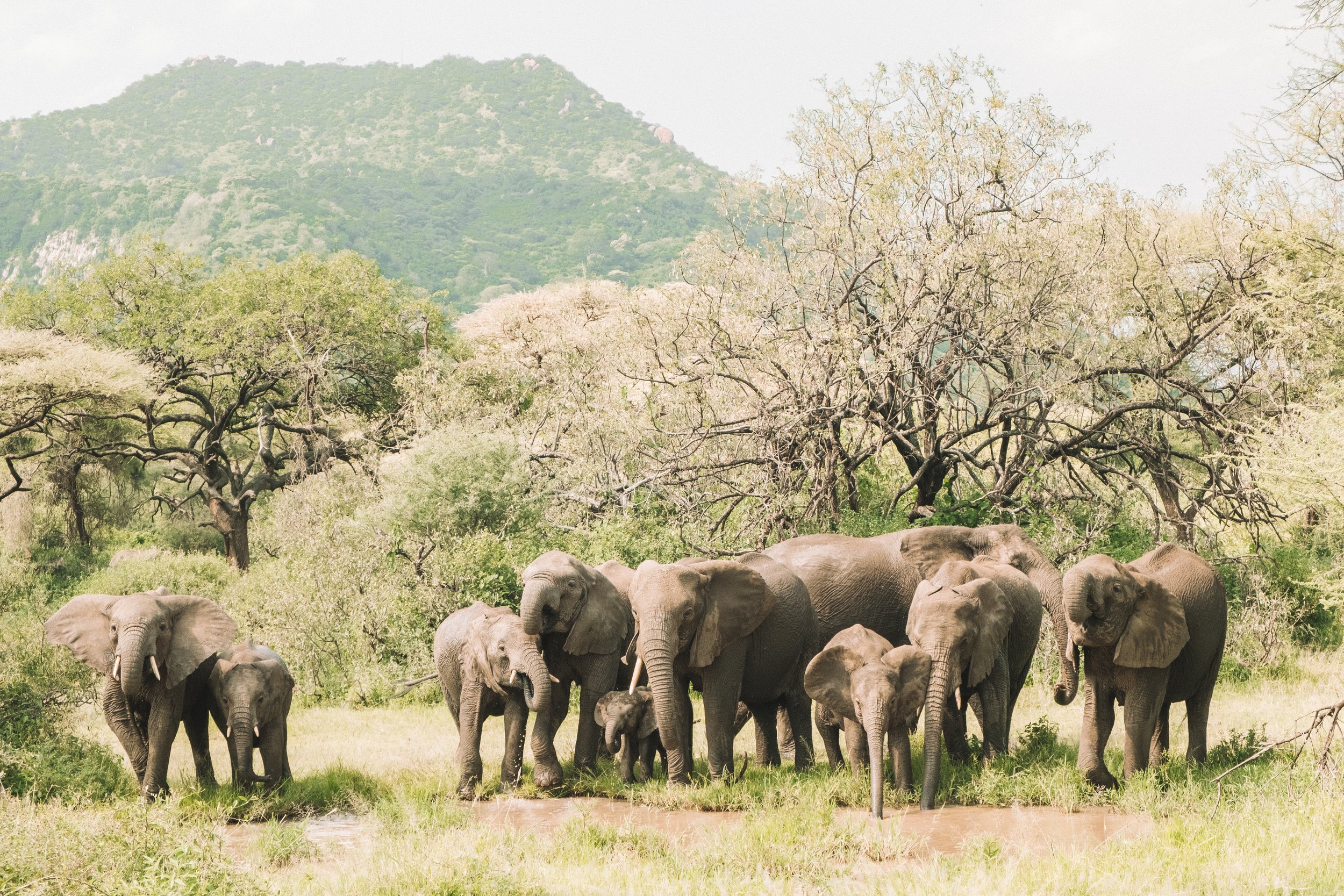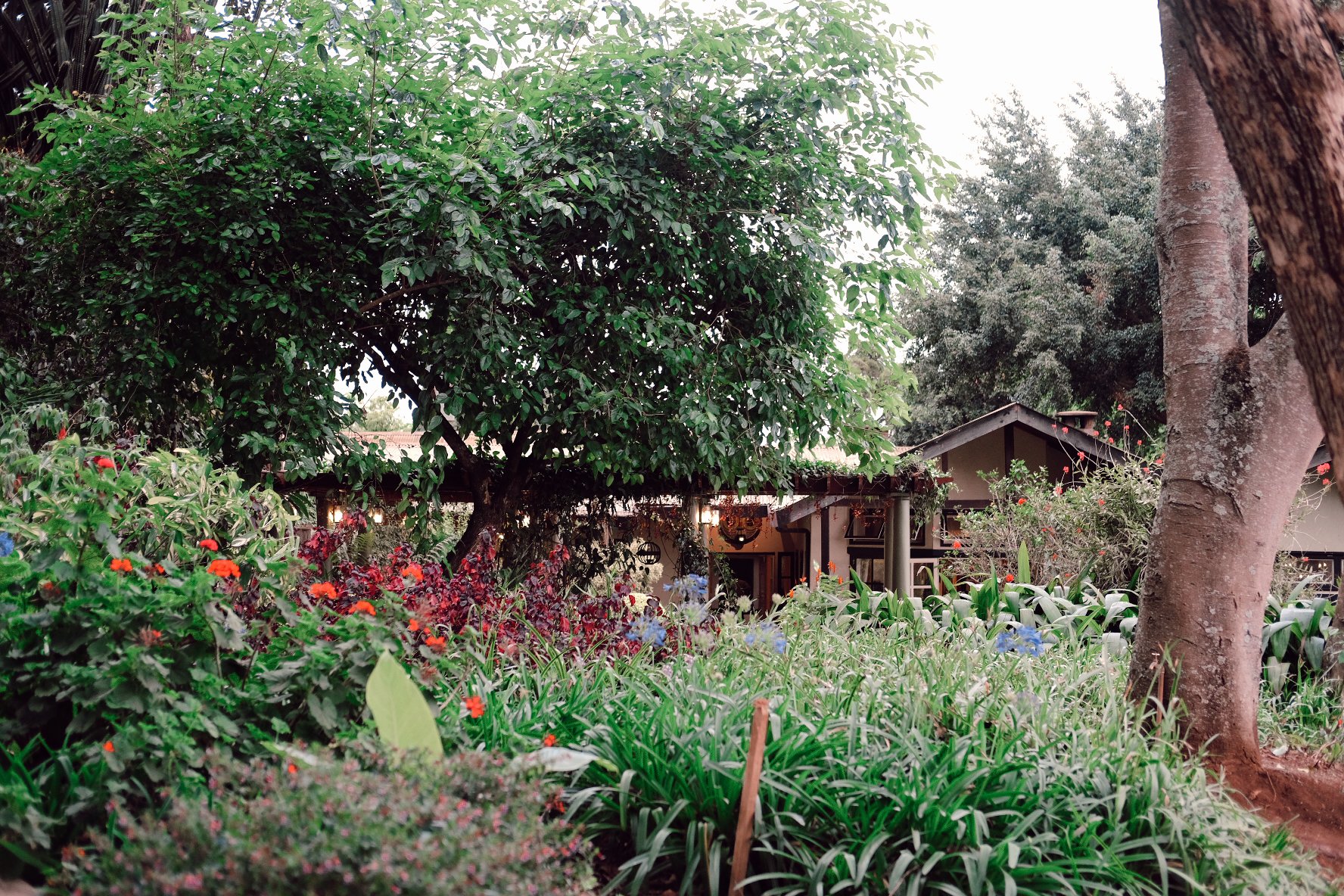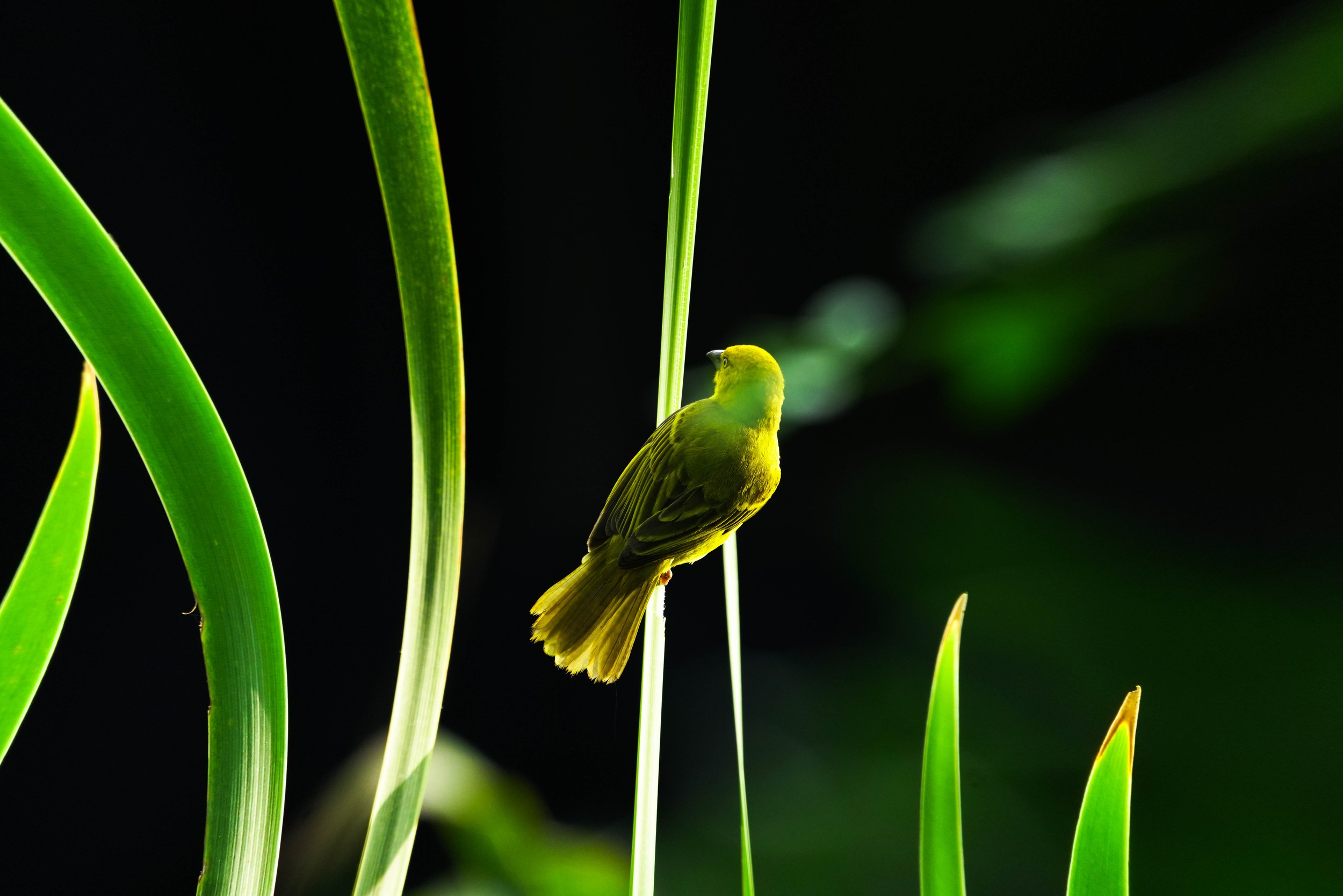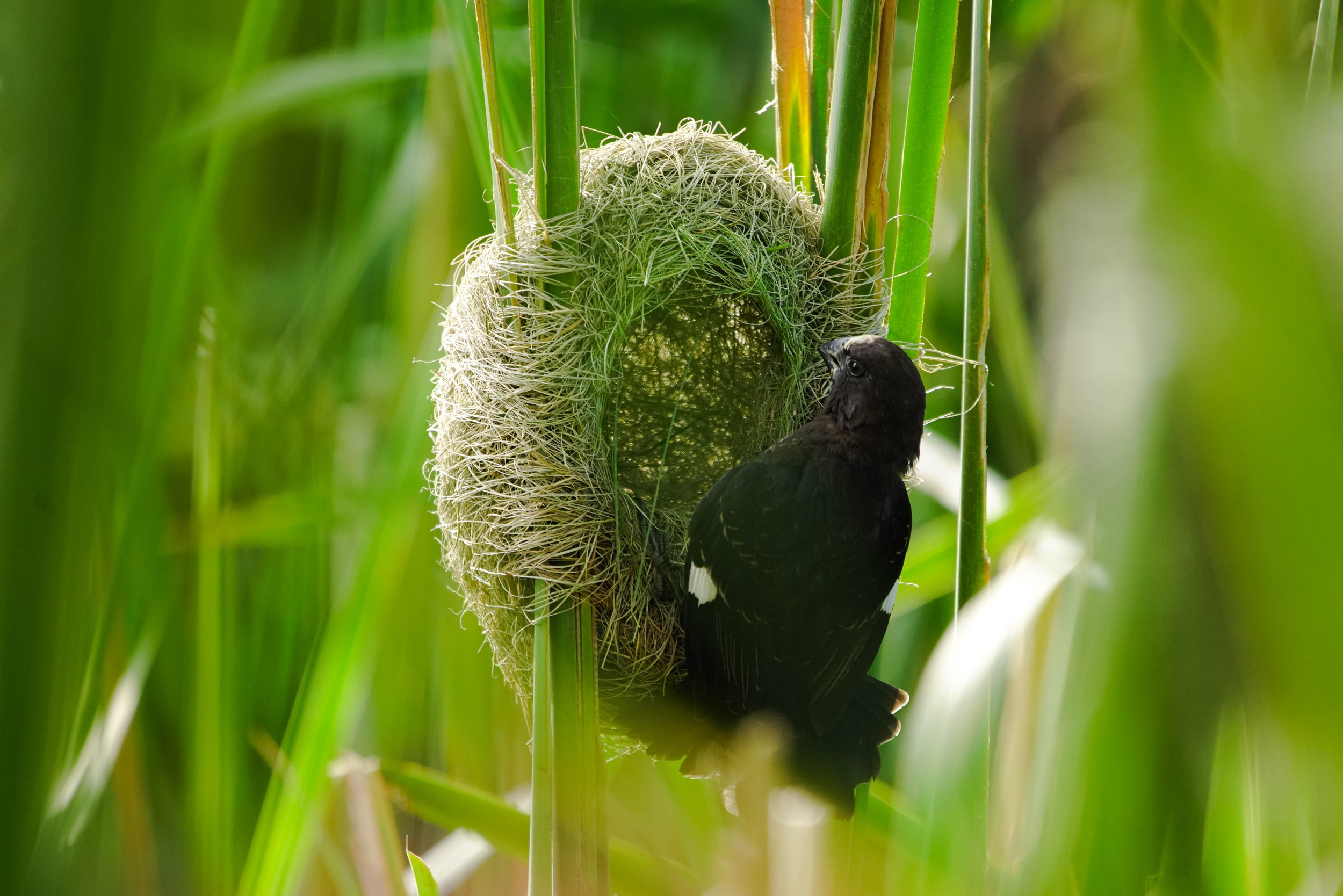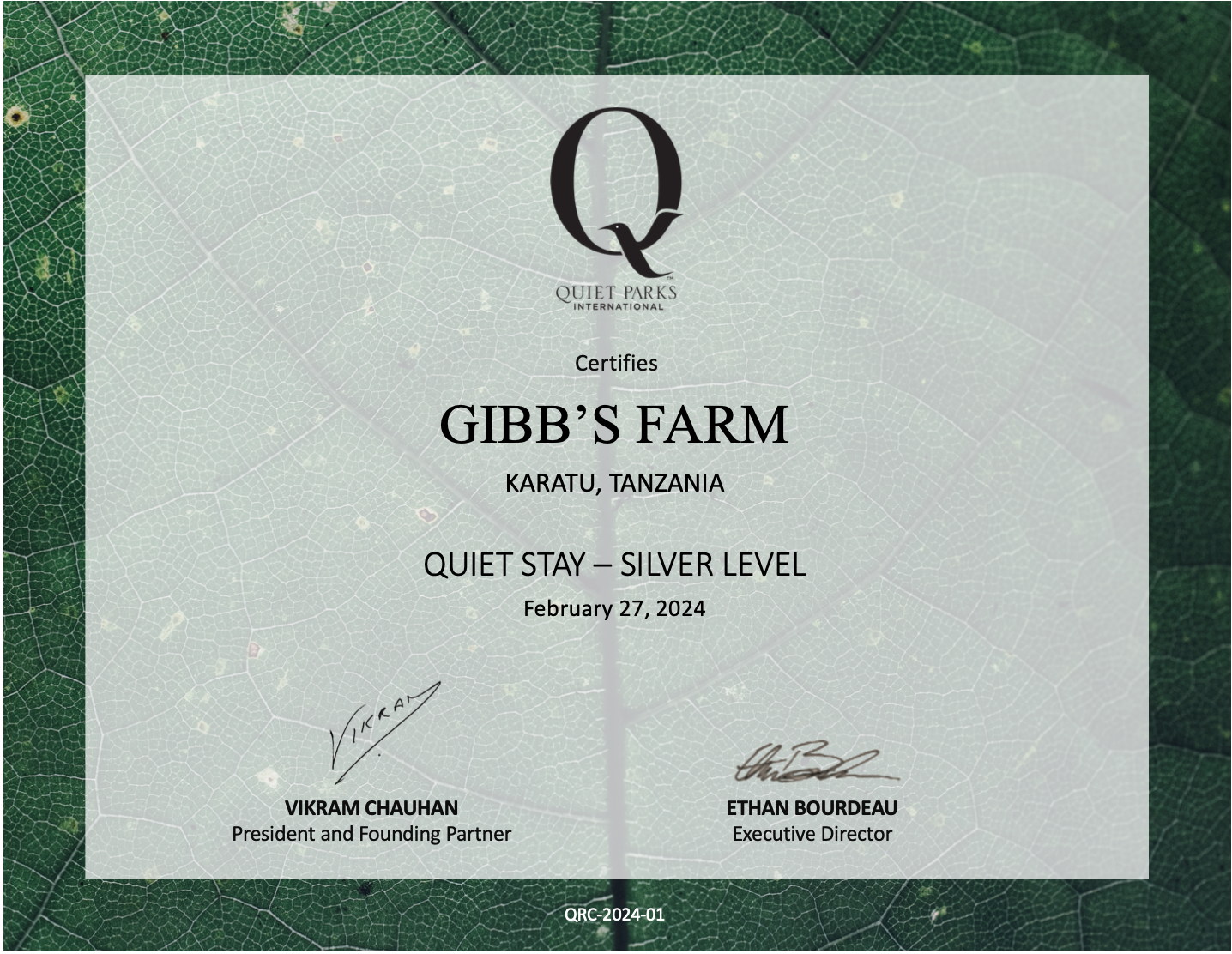As the suns first rays start to rise the chorus of birds and insects begins to envelope the farm.
Text By Sally Cooper, General Manager, Gibb’s Farm
“My favourite time of day at Gibb’s Farm, located on the outer slopes on Ngorongoro Crater in Tanzania, is as the sun starts to rise. Most mornings my day starts at 5.30am with clearing and setting up the yoga platform which hovers over the 30-acre organic Arabica coffee farm. As the suns first rays start to rise the chorus of birds and insects begins to envelope the farm.
“The last of the jackals call out to each other as they retreat to their daytime lairs and Hyena’s may be heard from the conservation area as they gather their troupe to head back into the crater. There is the occassional elephant trumpet or snapping of branches as the gentle giants meander past our fence in search of water at the nearby waterfalls.
“As we start our sun salutations, the rest of the farm begins to wake up with the call of the Rooster. The farm hands prepare to milk the cows and goats, release the poultry and sheep and check in on the still slumbering pigs.
“The kitchen is baking the bread and pastries and then the coffee starts to get roasted by hand over hot coals in front of the farmhouse. The scent of fresh roasted coffee and fresh baked bread raise us from our resting pose, and we make our way towards the restaurant. The sounds of good morning greetings and human chatter starts to compete with the bird song.
“There is a bit of hustle and bustle as the safari vehicles are packed for the days adventures and guests gather essential items to head out in search of Africa’s Big 5.... and if they are going to Ngorongoro Crater, the largest free standing complete caldera, there is a good chance they will see them.
“There is chatter and song from the farm and from the coffee as workers go about their daily business of farming. There is the odd tractor moving between areas and on occasion a vehicle passes by. Being 5km from the main road, up a dirt road and surrounded by farm and forest the sounds of people and industry is limited.
“Most tasks on the farm are still done manually. This employs more people from our local community and keeps the noise of machinery to a minimum.
“Generally, the cars that are collecting guests and dropping guests off are busy at a certain time in the morning and again in the afternoon.
“When we are on the mains power, things are pretty quiet, and we do not have speakers or projected sound around. In fact, we ask our guests not to project sound on the property but to connect with the sounds of nature.
“From time to time, we need to use our generator for power. This beast of a machine is housed in a solid stone structure building at the bottom of our farm.
“The pool pump runs quiet. It is not used continuously but is set to go off on a timer. Planned to run when the guests are in dinner, breakfast or middle of the night.
“As the sun starts to set and the birds make their way to their nests, the nocturnal insects commence their nighttime song, joined by the small bats, frogs and Night Jars. The Bush Babies then present in search of food and mates. Their shrill calls through the night skies and then the sound of the fruit they are picking landing on roofs before the hop along the roof tops in their back legs like little kangaroos.
“The light pollution is minimal and so it is possible to make your way to a comfortable chair or lounger and sit back to gaze into the night sky at the milky way. The moon soon rises and then the Jackal call out from the coffee as they start their nocturnal wandering. The hyenas call out to each other as they set out and the quiet chewing from buffalo maybe heard of the sounds from a passing herd of elephants.”
